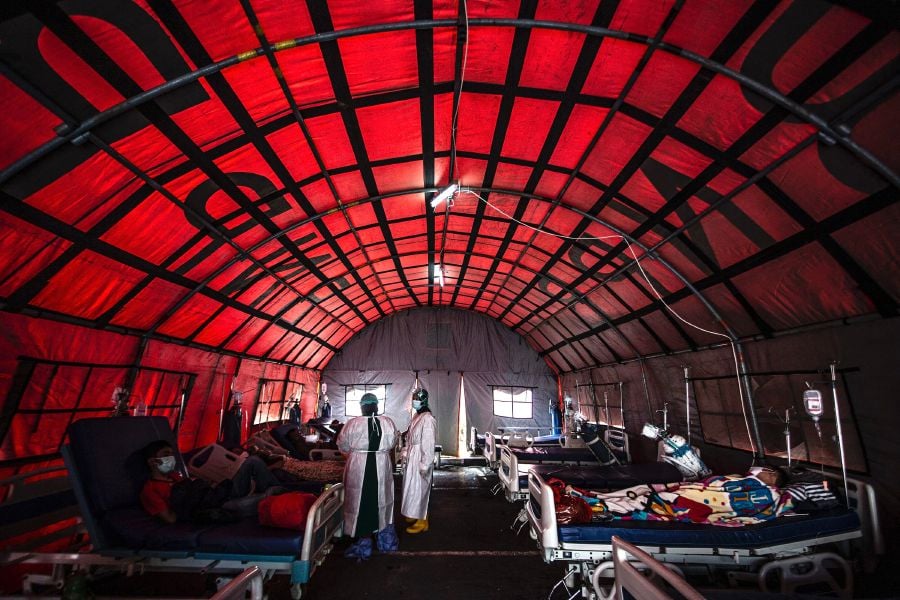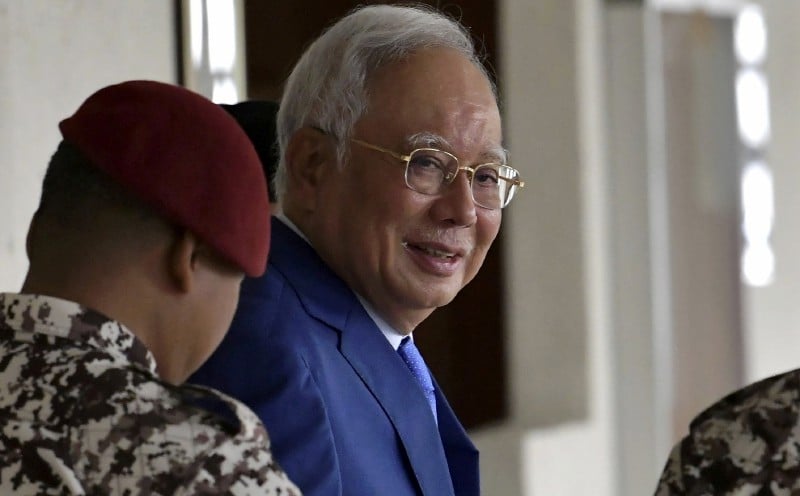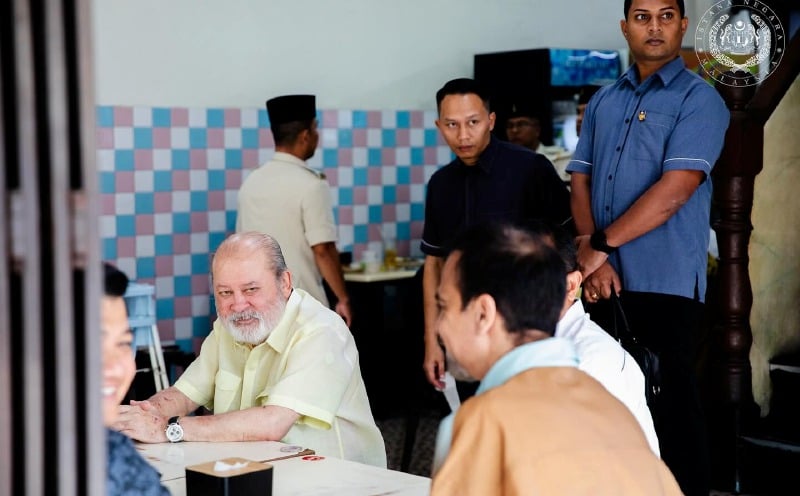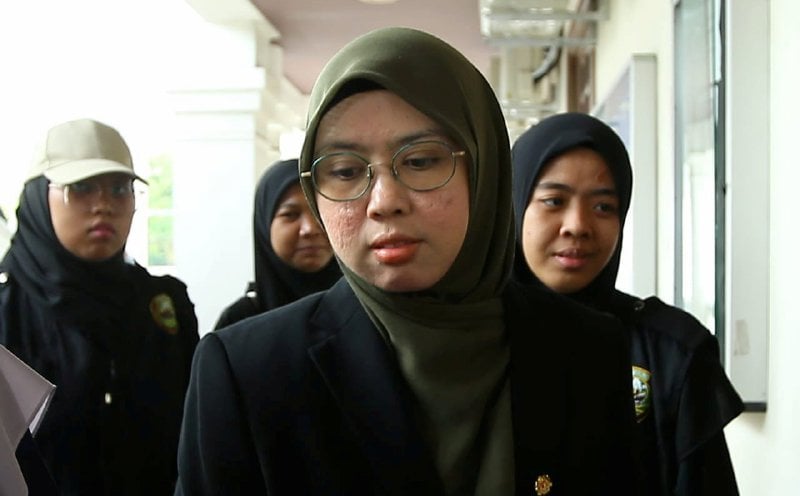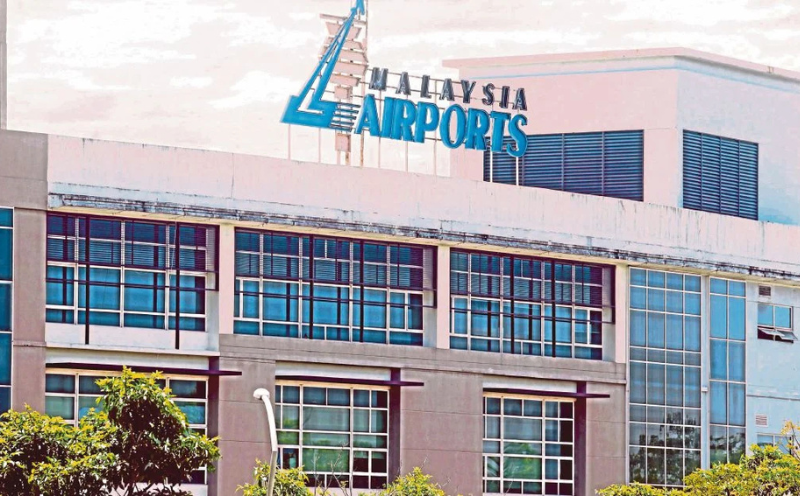More and more people are facing severe economic hardship, falling sick and dying of Covid-19. America and Europe are ostensibly recovering, but new variants can easily bring setbacks.
Meanwhile, less than a quarter of the world's population has been innoculated, less than one per cent of people living in low-income countries have received a jab and waves of the Delta variant are ravaging Latin America, Russia and parts of Asia.
Virologists are now telling us the pandemic won't end until sometime next year, at best. But, it really didn't have to be this way. One main reason for our collective misery is not just the nature of the disease or a lack of preparedness and resources.
It is also because too many leaders around the world have failed at properly managing the pandemic, especially those who initially downplayed the severity of the virus when it first erupted.
Now, more people are getting angry. Last year in America, where more people died of Covid-19 related complications than anywhere else, Donald Trump was voted out of office, primarily because of his gross mismanagement of the crisis.
In Brazil, where more than half a million people have died of the virus and with the country poised to surpass the United States' death toll in the coming months, tens of thousands are taking to the streets in all 26 states to protest.
They are demanding the removal of President Jair Bolsonaro, with some saying the government's mishandling of the pandemic is a form of genocide.
Genocide may be overstating the case, but when one's president dismisses the illness as being no more than a mild case of the sniffles, the raw anger is perfectly understandable.
In India, whose official death count is nearly 400,000, a similar story has been playing out. There are experts who believe the real number of casualties is around two million, which would make it the worst calamity to hit India since the 1943 Bengal famine.
Prime Minister Narendra Modi is feeling even more heat as his country recently broke a global record of more than 400,000 new cases in just one day.
With India's healthcare system completely collapsed, tough questions are being asked about how Modi's administration bungled
its handling of the pandemic by prematurely issuing public health messages that the virus was no longer a threat and ignored expert warnings of a second wave on the horizon.
His popularity has plummeted by more than 20 per cent and scores of Indians have expressed their disdain by posting expletives on social media.
In Indonesia, poor leadership is also to blame. When cases first started being reported in Asia early last year, leaders in Singapore, South Korea, Vietnam, Australia and New Zealand understood the potentially devastating impact of Covid-19 if they didn't respond swiftly with lockdowns, contact tracing and border controls.
Unfortunately, the Indonesian government went into a state of denial. The president and his men insisted Indonesia was safe, with one minister saying the virus could be kept at bay as long as everybody prayed hard enough.
Indonesia now ranks as the second worst East Asian country, after the Philippines, in terms of confirmed cumulative cases and Covid-19 deaths per capita.
It is set to become a lot worse. Major cities such as Jakarta, Bandung and Yogyakarta are being hit badly by the Delta variant and hospitals are being inundated by Covid-19 patients, with daily new cases nearing 15,000.
Indonesia's healthcare system is woefully unprepared because of insufficient hospitals, intensive care unit beds, doctors and nurses. Some epidemiologists are expecting a tsunami of cases, fearing Indonesia could be headed for disaster.
The reason for such a harrowing prospect of a spike in Covid-19 deaths is, as in the cases of Brazil and India, gross negligence on the part of the government. Indonesia has one of the lowest vaccination rates in the world, with less than 10 per cent of the population having received one dose of Covid-19 vaccine, compared with the global average of 22 per cent.
Instead of prioritising money to tackle Covid-19, the healthcare budget was lowered by 20 per cent, while the budget for infrastructure projects was increased by nearly 50 per cent. The result is painfully in plain sight: Indonesia is building airports and bridges while people's lives have unnecessarily been placed in harm's way.
Adding insult to injury, the government's social assistance programmes are riddled with corruption. Lower-income Indonesians are supposed to receive cash to survive during the crisis.
But many who are eligible have not received anything or only a small portion of the amount they were supposed to get. Some reliable sources believe as much as 100 trillion rupiah have already been pilfered.
An obvious solution to address the latest surge would be for local governments in hot spots to impose total lockdowns. Yet this is problematic because of the lack of funding to keep local economies afloat and to help people pay their bills while staying home. Already, the governor of West Java and the sultan of Yogyakarta have told the press they can't afford a total lockdown.
What needs to be done is clear. The government must recognise the need for extraordinary measures such as total lockdowns. The national government should temporarily suspend spending on large infrastructure projects and divert the funds to Covid-19-related needs.
The president should task his cabinet to find solutions to ensure social assistance funds are reaching the needy, not embezzled. The president needs to urgently act now, otherwise, Indonesia could end up being the next India.
The writer is former coordinating minister for the economy and former finance minister in Indonesia


